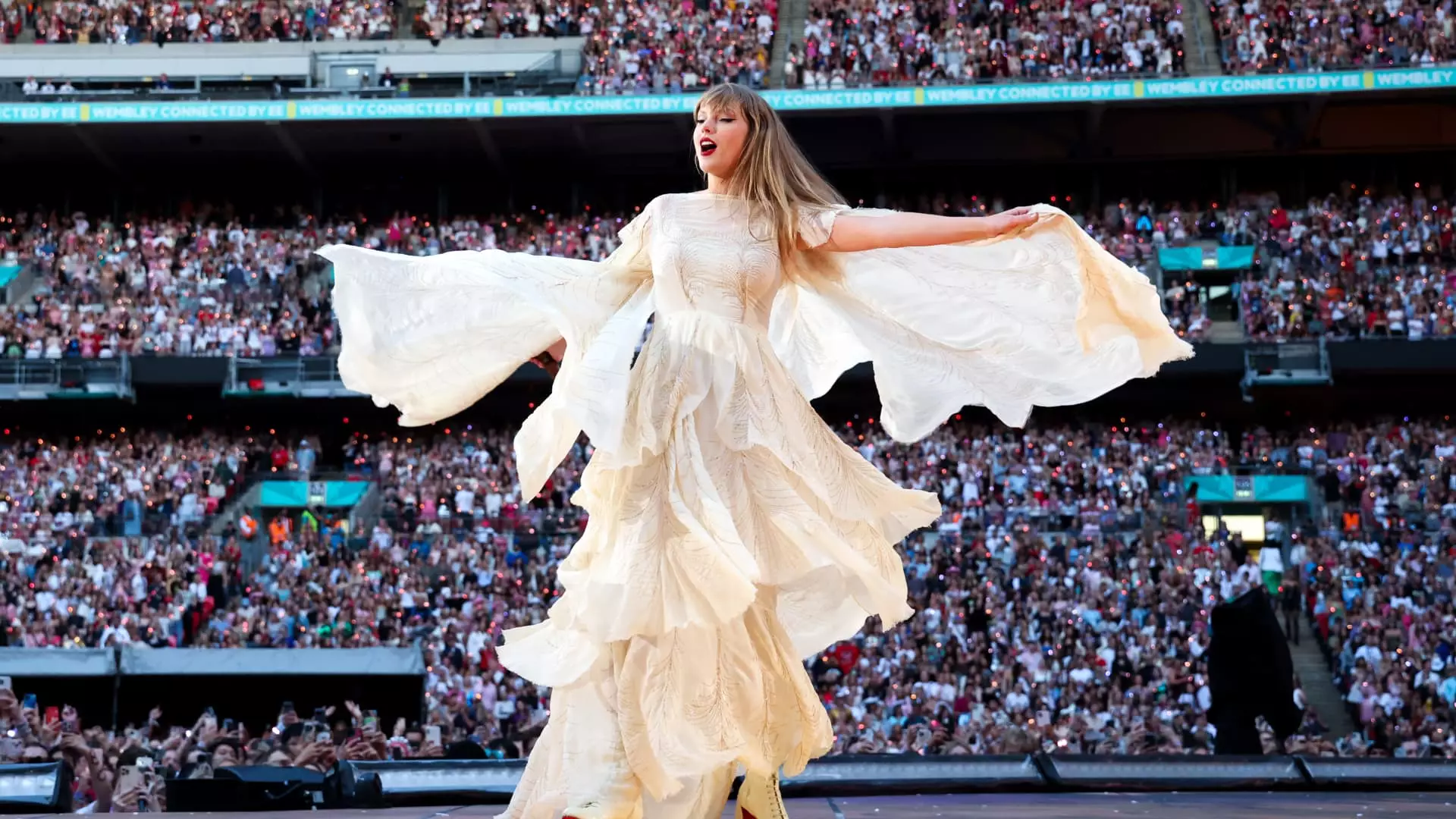The aftermath of the Covid-19 pandemic has left a lasting impact on consumer behavior, with many people shifting their focus from long-term financial planning to immediate gratification. Matt Schulz, chief credit analyst at LendingTree, highlights how the pandemic has influenced the way individuals view their spending habits. This shift in mindset has led to an increased desire for experiences that were previously inaccessible, resulting in what economists refer to as “funflation.”
As consumers eagerly seek out live entertainment experiences, ticket prices for various events have seen a significant surge. According to federal data, admission prices for sporting events spiked by 21.7% in May 2024 compared to the previous year, marking it as one of the categories with the highest inflation rate. Similarly, ticket prices for movies, theaters, and concerts rose by 3% on an annualized basis. These price increases are contributing to the phenomenon of “funflation,” making it more expensive for individuals to engage in leisure activities.
Despite the escalating costs of entertainment, a considerable portion of adults are willing to take on more debt to fund their leisure pursuits. A report by Bankrate revealed that 38% of adults plan to accumulate debt for travel, dining out, and attending live events in the coming months. Moreover, 27% of respondents expressed their willingness to go into debt specifically for travel, while 14% would incur debt for dining out, and another 13% for attending theaters, live sporting events, or concerts. This trend indicates a significant demand for out-of-home entertainment experiences among the population.
Younger adults, including Generation Z and millennials, are leading the charge in splurging on discretionary expenses such as entertainment and travel. Despite the challenges posed by a higher cost of living, young adults are prioritizing immediate experiences over long-term financial security. This shift in attitude reflects a “you only live once” mentality that has been amplified by the pandemic. Economic factors such as favorable GDP growth and employment rates are also contributing to the willingness of individuals to incur debt for leisure activities.
The concept of “funflation” is reshaping the landscape of summer entertainment spending, as consumers prioritize experiences over savings. The post-pandemic era has ushered in a new era of consumer behavior, characterized by a focus on immediate gratification and discretionary purchases. Despite the financial implications of taking on debt for leisure activities, many individuals view the experiences as valuable and worth the investment. As ticket prices continue to rise, it is essential for consumers to carefully consider their spending habits and make informed decisions to manage their finances effectively.


Leave a Reply